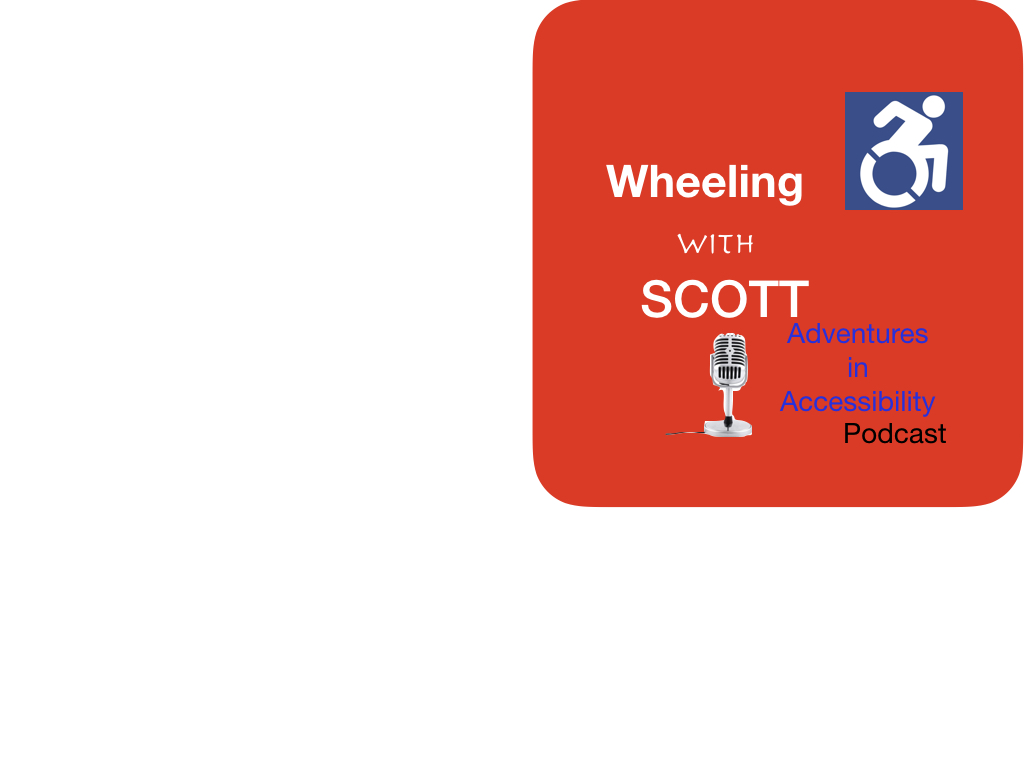
I’m lucky to live in a state that beefed up ADA laws. Ohio HB 271
Ohio Governor Signs Bill Requiring Plaintiffs to Provide Pre-Suit Notice for Physical Access Violations.
House Bill 271 says it applies to alleged violations of Ohio and federal accessibility laws (except housing discrimination), but since no state law can affect the remedies and procedures available under the federal ADA, it will not impact the recovery of attorney’s fees in ADA lawsuits.
Ohio Governor Kasich recently signed (link to read) House Bill 271, which will require a plaintiff, to be eligible for attorney’s fees, to provide a notice of an alleged accessibility law violation in advance of filing a civil action. After serving notice, the plaintiff cannot file a lawsuit until the property owner or responsible party fails to respond or fails to remediate the violations under certain conditions and in certain time frames. A plaintiff who provides notice but fails to allow the defendant opportunity to remediate the property as specified in the bill may forfeit entitlement to attorney’s fees, as specified in the bill. That said, a plaintiff who does not provide notice may still be able to recover fees if the trial court determines attorney’s fees are appropriate due to the nature of the violations.
Summary of HB 271 – Disability accessibility violations
To enact section 4112.16 of the Revised Code to authorize an alleged aggrieved party to provide a notice of an alleged accessibility law violation in advance of filing a civil action and to establish the circumstances under which an alleged aggrieved party is entitled to attorney’s fees in a civil action based on the violation.
Our take on this bill:
The passage of accessibility laws over the last several decades has allowed people with disabilities to become increasingly able to participate in and contribute to our society. HB 271 threatens to erode that progress, by removing much of business owners’ incentive to voluntarily comply with Ohio’s accessibility laws.
HB 271 gives those who are breaking accessibility laws, even those knowingly doing so, up to six months after receiving notice to continue violating the law without legal ramifications. Accordingly, some businesses may intentionally forego compliance with state accessibility laws, taking their chances that no one will complain.
HB 271 makes changes to state disability accessibility laws. The bill would “allow” a person with a disability who encounters what they believe to be a violation of an accessibility law to serve the property owner or other responsible party with notice of their intent to sue. Those who file suit before providing this notice would not be able to recover attorney’s fees, unless the judge determines such fees are appropriate given the willfulness, duration, or severity of the property owner’s violation.
In addition, the property owner or other responsible party would be given 15 days to respond after being served notice, and would be permitted to rectify the violation within 90 days, with the possibility of another 90 day extension if they can provide a “reasonable explanation” of why they need the additional time.
HB 271’s requirements would not apply to actions initiated by the Ohio Civil Rights Commission.
Business owners have a responsibility to stay knowledgeable of and comply with a host of legal requirements, including accessibility laws. This bill would unfairly shift the burden of ensuring compliance to the very individuals that these laws are supposed to protect.
